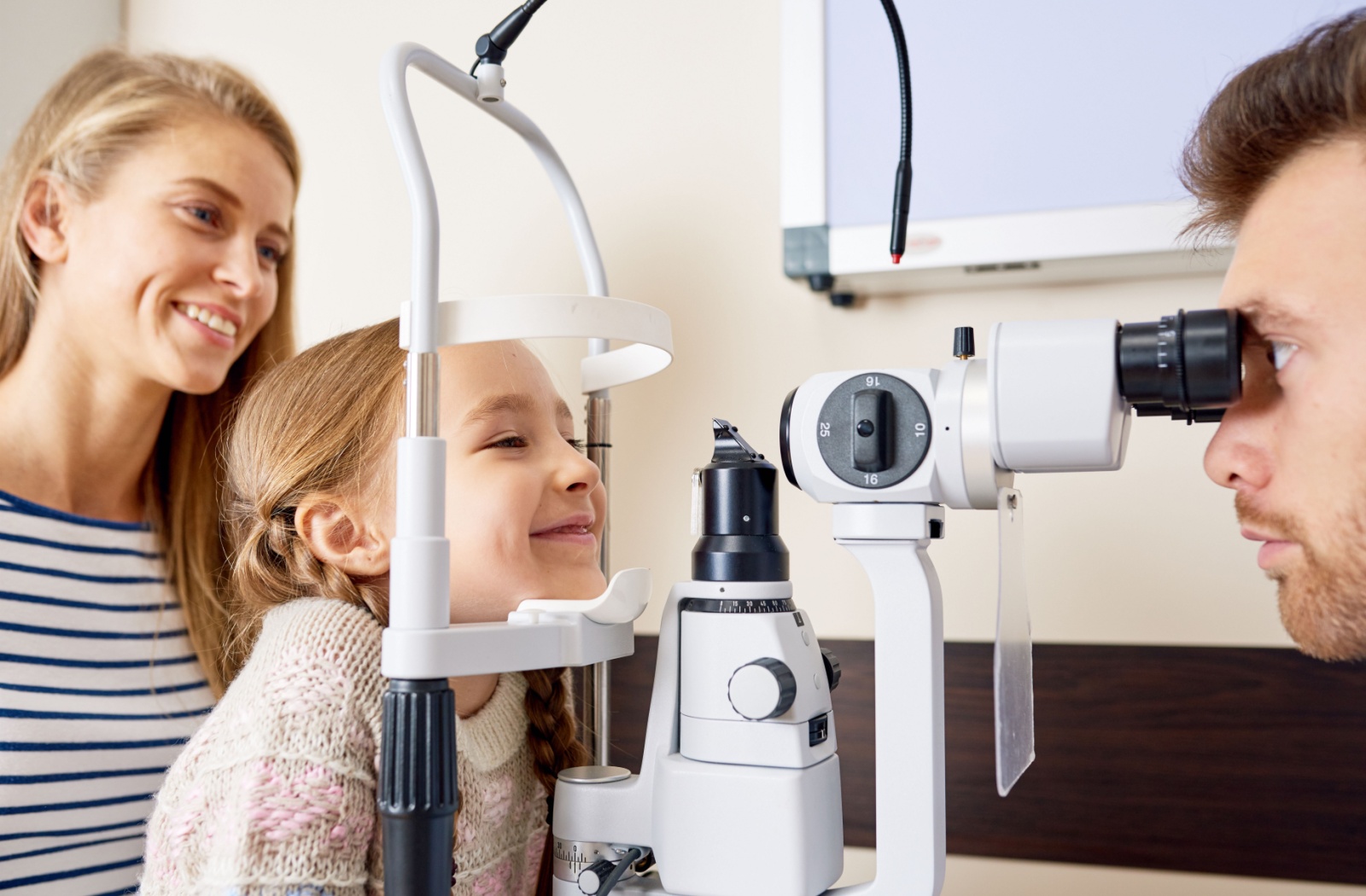All Categories
Featured
Table of Contents

Routine eye evaluations are necessary for preserving great vision and identifying potential eye wellness concerns early. The regularity of these examinations can vary substantially based on an individual's age, way of living, and general health and wellness. Comprehending the suggested timetable for eye exams can assist make certain that individuals of any ages get suitable care and monitoring for their eye health.
Newborns and Toddlers (0-2 Years)
For babies and young children, eye exams are vital for spotting any type of prospective vision troubles beforehand. The American Academy of Ophthalmology suggests that a youngster's very first eye exam must occur at around six months old. During this first visit, the eye treatment professional will certainly assess the child's visual development and check for any kind of apparent eye issues.Following this very first examination, it is recommended that children have an additional eye examination at age three. This see will concentrate on analyzing the kid's general aesthetic function, including eye placement and the capability to track things. If no issues are found, the next exam ought to be scheduled prior to the child begins school, typically around age five or 6.
School-Aged Youngsters (6-18 Years)
Normal eye examinations should be arranged every one to two years once kids reach institution age. Vision is vital for learning and development, and several colleges carry out vision testings. Nevertheless, these screenings do not change an extensive eye examination by an eye treatment professional.For kids associated with sporting activities or activities needing considerable aesthetic emphasis, yearly eye examinations might be a good idea. Furthermore, if a child shows indicators of vision problems-- such as problem reading, squinting, or frequent migraines-- a check out to the eye doctor should be set up as soon as possible.
Youthful Adults (19-39 Years)
Young person generally have less vision modifications than older age teams, yet routine eye exams stay essential. The general suggestion is to schedule an eye examination every 2 years throughout this period. Individuals with specific threat aspects-- such as a family members history of eye condition, diabetic issues, or those that wear contact lenses-- need to take into consideration yearly eye examinations.In addition, those who invest considerable time on digital tools might experience digital eye strain. If symptoms such as dryness, fatigue, or blurred vision take place, it might be smart to see an eye treatment professional quicker.
Adults (40-64 Years)
Grownups aged 40 to 64 must schedule eye tests every one to 2 years. Eye tests can also help spot various other typical age-related conditions such as glaucoma, cataracts, and macular degeneration.If people in this age have risk aspects such as hypertension or diabetes, they may call for even more frequent exams to monitor their eye wellness very closely.
Senior Citizens (65 Years and Older)
For elders, normal eye exams come to be also more crucial. The American Optometric Organization suggests that people matured 65 and older have an eye examination at the very least as soon as a year.Conclusion.
Comprehending the ideal timetable for eye tests based on age is vital for preserving ideal eye wellness throughout life. By adhering to these guidelines and consulting with an eye care specialist, individuals can take aggressive steps toward maintaining their vision and total health.Table of Contents
Latest Posts
Experience Coastal Beauty at Deauville Inn
Published en
1 min read
Host Your Perfect Event: Place Rental Options for every single Occasion
Published en
1 min read
The Boogaloo Sports Bar & Grill at FunCity Resort Resort: Where Fun Meets Taste
Published en
1 min read
More
Latest Posts
Experience Coastal Beauty at Deauville Inn
Published Apr 05, 25
1 min read
Host Your Perfect Event: Place Rental Options for every single Occasion
Published Mar 23, 25
1 min read
The Boogaloo Sports Bar & Grill at FunCity Resort Resort: Where Fun Meets Taste
Published Feb 09, 25
1 min read